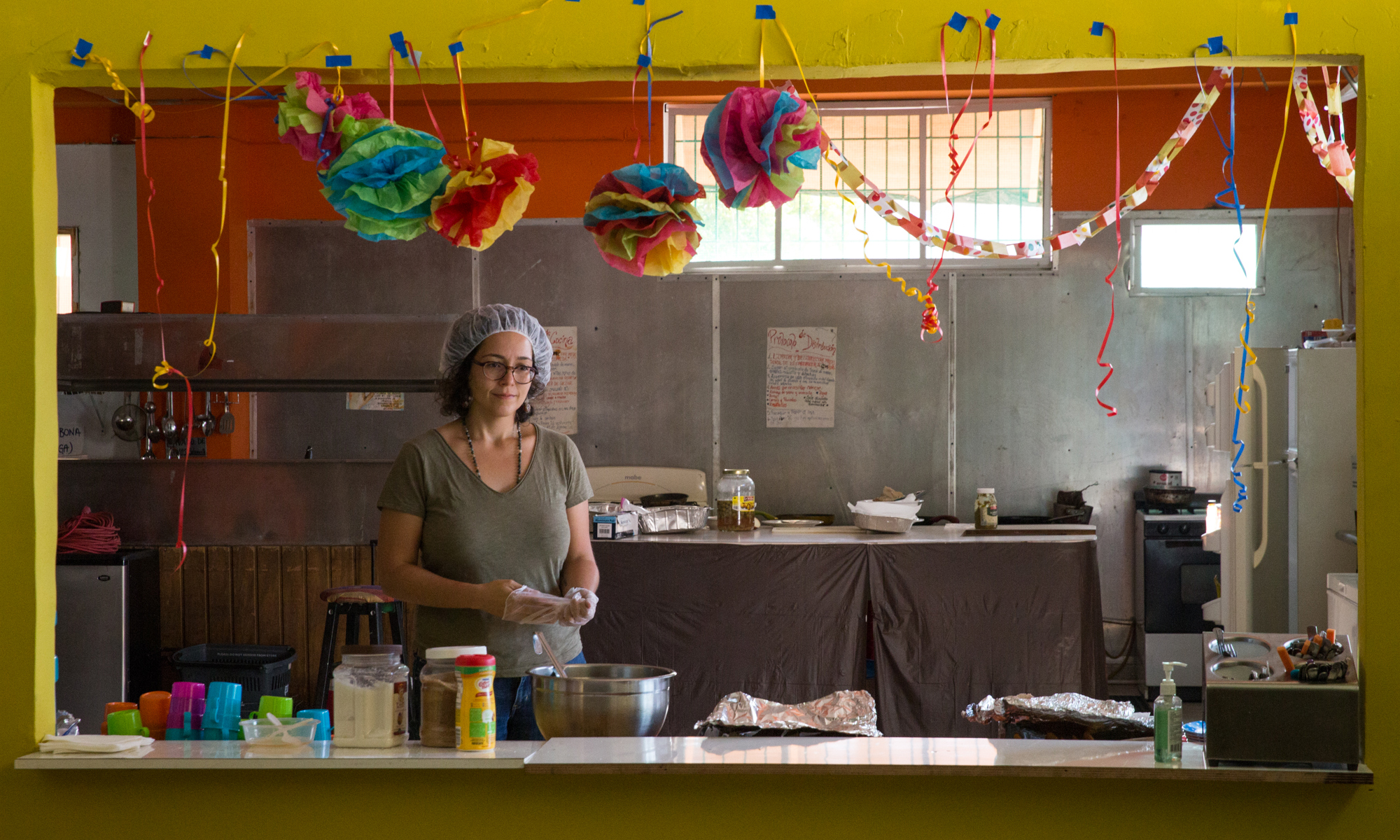
Puerto Rico’s push for food independence intertwined with debate over statehood
By Jenna Miller/ Cronkite Borderlands Project |
CAGUAS, Puerto Rico – Hurricane Maria has reignited a small movement in Puerto Rico aimed at strengthening the local food system so the island can survive and thrive without dependence on the mainland U.S.
Before the hurricane struck in September 2017, Puerto Rico imported about 85 percent of its food. And to make matters worse, Maria wiped out 80 percent of crops on the island, according to The New York Times.
Local food supporters acted quickly, cleaning debris, helping to replant farms and spreading their belief that a self-sufficient Puerto Rico would be more resilient to future challenges.
It’s not a new idea. In 2015, Myrna Comas Pagan, Puerto Rico’s former agriculture secretary, told officials with the U.S. Department of Agriculture, “Our island depends on food imports – that’s a point of vulnerability. We have a critical situation.”
The government has funded various efforts, including promoting farmers markets, agrotourism and adding local produce to school lunches.
However, the idea of becoming more food independent parallels an issue Puerto Rico has grappled with for decades: Should it remain a U.S. commonwealth? Should it become the 51st state? Should it seek independence?
Some say Hurricane Maria has shifted the debate by exposing a toxic relationship with the U.S. government, one they view as colonization.
“Maria just let us see that the crisis is just there,” said Emilú De León, a member of Comedores Sociales in Puerto Rico, a food distribution initiative. “It’s the government that can’t do anything, that can’t respond. It’s the colonialism, the hunger, it’s everything.”
Others are thankful for federal aid and say the situation after the hurricane would have been much worse without help from the Federal Emergency Management Agency and other organizations from the mainland.
“With all the problems, the U.S. government approved $49 billion in aid, not just for Puerto Rico, but for all the territories,” said Emilio Pantojas, an economist at the University of Puerto Rico. “Who is going to provide that kind of aid in the international community?”
Puerto Rico, a U.S. commonwealth less than 1,000 miles southeast of Miami, has always had a complicated relationship with Washington, D.C. Residents have U.S. citizenship and access to some federal aid programs, but they can’t vote in presidential elections and don’t have voting representation in Congress.
Lawyer and political analyst Leo Aldridge said the relationship polarizes the Puerto Rican community and has been amplified by the impacts of storm and the federal response.
Organizers of the Puerto Rican food movement say the hurricane has made the public aware of the shortcomings of the mainland U.S. government and more receptive to the need to produce healthy food locally.


Leave a Comment
[fbcomments]